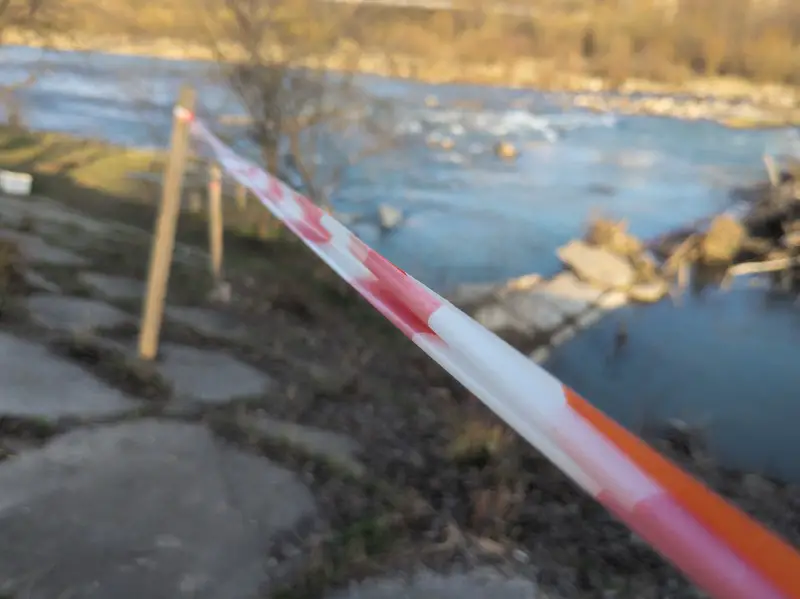A freight truck carrying 76 wedding guests and other passengers plunged into a river in southern Ethiopia’s Sidama region on Sunday, December 29, 2024, killing 71 people in one of the country’s deadliest road accidents this year.
The accident occurred around 5:30 p.m. local time when the overloaded vehicle veered off the Gelan bridge in Bona Zuria Woreda, in the Horn of Africa nation of Ethiopia, approximately 186 miles south of Addis Ababa, the country’s capital city. The truck missed the bridge while attempting to navigate a series of sharp bends.
“The accident was especially horrific as the river had a lot of big stones, so most passengers, including the driver, were killed due to the impact,” said Wossenyeleh Simion, an official with the regional communications department. The crash site’s rocky riverbed contributed significantly to the high fatality rate.
Of the 76 passengers aboard, 68 men and three women died. “Among the deceased are four people from the same family,” Simion added. The vehicle was carrying wedding guests and local residents when the driver lost control at the bend.
A villager named Serak Boko shared with the media that just prior to the incident, loud music was blasting from the truck as individuals in suits were dancing and celebrating.
According to Simion, five patients were taken to Bona General Hospital in critical condition. Two remained hospitalized with serious injuries, while three were released despite experiencing psychological trauma.
Residents mounted immediate rescue efforts, wading into the river and using ropes to attempt to pull the overturned vehicle from the water. However, the truck remained firmly lodged in the riverbed, complicating recovery operations. Images from the scene showed bystanders desperately trying to assist victims as bodies lay covered in tarpaulins on the ground.
The accident highlighted the severe transportation challenges in rural Ethiopia, where trucks are commonly used to transport large groups to social events due to inadequate public transportation infrastructure. Many male passengers followed a cultural tradition of escorting the bride.
The remote location and limited availability of emergency resources hampered rescue efforts. Local first responders initially had only basic tools for the recovery operation. The high death toll was attributed to both the poor road construction and the absence of nearby critical care facilities.
According to native villagers, the area around the Gelan Bridge has experienced multiple traffic accidents. The road lacks essential safety features such as speed bumps and warning signs, making it particularly hazardous for larger vehicles.
Ethiopia has a history of severe road accidents. Another tragic incident took place in the Wolayita Zone on September 24, 2024, where a bus traveling from Wolaita Sodo to the Dawro Zone overturned and fell into a river. This accident resulted in 28 deaths and 19 injuries. The injured were receiving intensive medical treatment in nearby healthcare institutions, with authorities warning that the death toll could increase due to the severity of some injuries.
In 2018, a bus plunged into a ravine in the country’s mountainous northern region, resulting in 38 deaths, mostly students. Poorly maintained vehicles and inadequate infrastructure compound the country’s road safety challenges.











